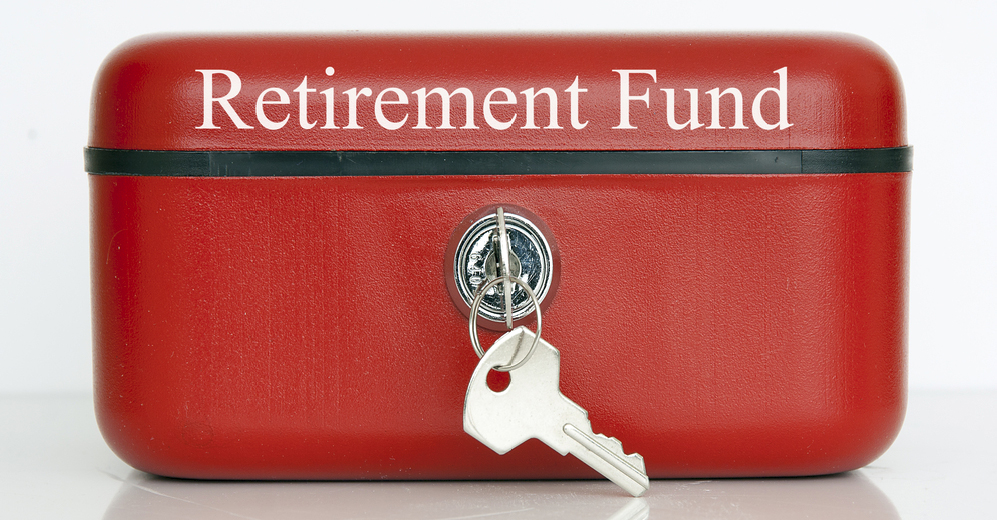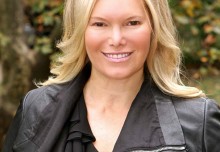
Are you ready to retire? Have you thought about what steps you should be taking for your retirement plans? Read on.
THE CHANGING FACE OF RETIREMENT
Are you too young to think about retirement? It may be time to think again. Bob Dylan said it in the 60’s, “The times they are a-changin’.” And they still are! In the 21st century, with medical advancements and greater self-care, life expectancy has increased.
And although some people may live with chronic and/or terminal illnesses—many still live vital and full lives. There are more dual career relationships and through widowhood, divorce and/or by choice, there are also many single women as head of households. Among the boomer population there are also a lot of women who chose not to have children and others who chose to have children on their own.
Retirement should be renamed rewiring, rejuvenating, revolutionizing or recharging
In addition, the concept of “retirement” is also “a-changin’”. Some people have suggested renaming this phase of life rewiring, rejuvenating, revolutionizing or recharging. Although people are living longer, some people still want to retire at the “traditional” retirement age of 62 or 65 and others want to continue to work, doing (and often loving) what they’ve been doing. Some want to work, but in different ways – for pay or volunteer—so they fit work into life rather than try to squeeze life into busy work schedules. Still others need to continue to work so they don’t outlive their money. Finally, others who want to work are forced into retirement by mergers or downsizing. There is no “one way.” Retirement from your job does not mean retiring from life, but it may mean living life and perhaps working in a different way. It’s less important what you’re retiring from and more important to consider what you’re retiring to. Retirement is no longer a destination; it has become more of a transition and journey.
Once you reach the traditional retirement age of 62 or 65, the likelihood is that you’ll live another 20-30 or more years. These “bonus years” are yours to use in whatever way you choose. By the time you’re age 65, it’s less about your genes and more about issues you can control such as attitude, nutrition, exercise of your body and brain, spirituality, connection and purpose and meaning. Once you reach “middle age,” now defined as ages 50-75+, it’s not unusual to begin to ask yourself, Who am I? What do I want to do? And, if you’re in a relationship, the question may also be, who are you? And who are we?
You need to revisit your “life portfolio” every few years
For some women these questions began to surface before or around the hormonal shifts of menopause. For those of you with children, the question of “what’s next” may have started when your children were getting older and becoming independent—and your roles began to shift.
MID-LIFE CHANGES
Whether your role has been primarily as a mother and/or in the workforce, there’s a normal internal shift that begins to occur as you age that may alter your interests, values, priorities and also your notion of success, with less emphasis on how you’re viewed by others and more on your own internal standards of success. Some people liken this stage to adolescence (which also involves hormonal shifts) when there are also questions about your identity, where to live, what to do and how to build community. There are some differences, too. Hopefully you can appreciate the added perspective and wisdom that comes from living life and dealing with many of life’s challenges and transitions.
We are the first generation where the expectation is that we’ll live many more years past the traditional “retirement” years. In our parent’s generation living longer was the exception rather than the norm. It wasn’t unusual that women lived their husband’s retire- ment dream. In the 21st century, many women no longer want to live their partner’s retirement dream—they want their own dream or a shared dream. Your retirement is not your mother or father’s retirement.
The sooner you begin to think about and plan for this next stage of life, the better, as long as your plan is flexible and allows for the “curveballs of life.” Just like a financial portfolio, you need to revisit your “life portfolio” every few years. The more you can think intentionally about the years ahead, the greater the likelihood you’ll be able to have more of the life style options you want.
Whether you’re alone or in a relationship, here are some areas to think about as you plan for this next stage of life.
1 Recognize the role that work and/or active parenting have played in your life. In general—it provides a combination of connection, engagement and purpose and meaning. If you’re thinking about working in another way or possibly not working—consider how you will build these pillars of well being into your life; what will “get you out of bed” in the morning. Is it part time work, volunteer work, an encore career, spending time with children or other family or friends, traveling, developing a hobby or continuing education. Be mindful that when you’re part of a couple, or with other family members and/or friends, you may have different values, priorities, interests, goals, expectations and time tables, as well as potentially different energy levels.
After sorting your “puzzle pieces,” “puzzle it out” for whomever is significant in your life and clarify expectations. For example:
- Your adult children may expect a lot of babysitting.
- You may want to move.
- Your friends may pressure retirement because of their expectations.
- You and your partner may disagree about your other family obligations.
- One of you wants an encore career and the other wants to travel.
You may find some of these areas difficult to discuss and try to avoid these potential conflicts or feel that life is too busy and there is no “right time” to discuss these challenging topics. Plus it’s not unusual that partners “dig in their heels” and create a win: lose struggle. The goal is to discover some win: win compromises for the sake of the relationship.
Dorian Mintzer is an experienced therapist, retirement transition /money/relationship and executive coach with a passion for helping individuals and couples navigate the “second half of life.” Sign up for her FREE expert series at www.revolutionizeretirement.com. Contact Dorian at dorian@dorianmintzer.com.






